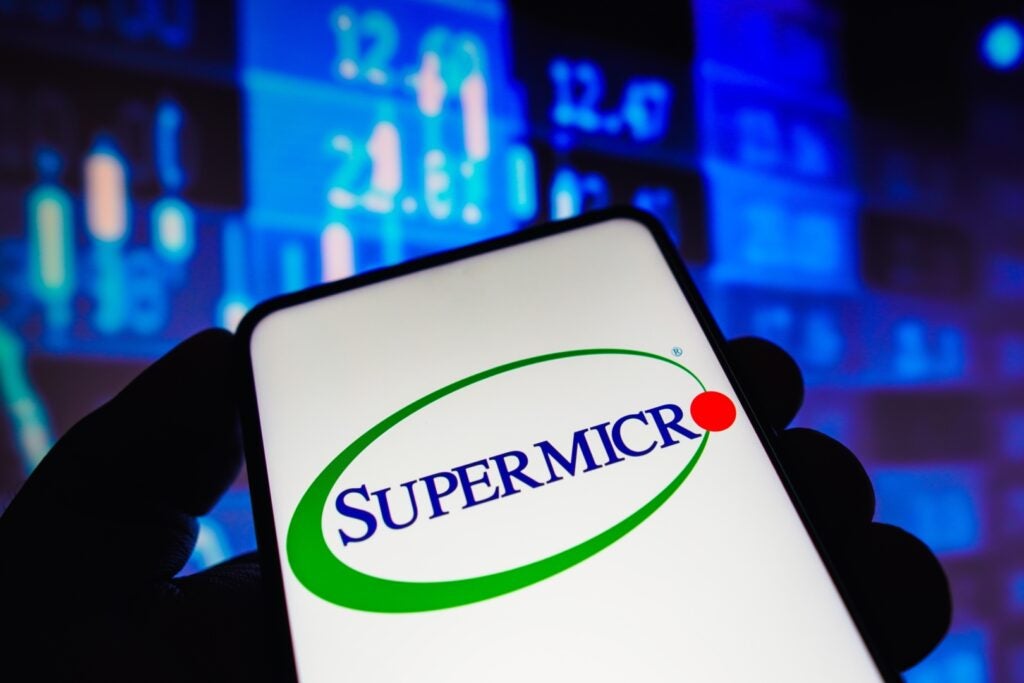Size of the text
Bloomberg/Daniel Acker
Earlier last month, investors filed a lawsuit against the company.
Bristol-Myers Squibb is a pharmaceutical company based in the United States.
over a payment that the corporation does not believe it is required to make. Now, one analyst predicts that Bristol will reach an agreement. Bristol’s (ticker: BMY) $80 billion acquisition of biotech Celgene in late 2019 sparked the discussion, which Barron’s highlighted in a late April article.
As part of the agreement, Bristol promised to pay Celgene shareholders $9 per share in a contingent value right if three Celgene medicines met specific regulatory milestones. Bristol announced on New Year’s Day that the CVR had been “automatically terminated.” While the US Food and Drug Administration authorized all three medications, one of them was approved over a month after the FDA inspection was delayed due to pandemic-related travel restrictions. Investors were incensed. Tom Giovine, a former hedge-fund manager who holds the CVR, told Barron’s earlier this year, “You have shareholders that lost $6 billion because of Covid.” “When you think about it, it’s insane.” On June 3, the trustee for the CVRs filed a lawsuit against Bristol in the United States District Court in Manhattan. The trustee claims that the action “seeks to hold Bristol-Myers accountable under the CVR Agreement for its blatant malfeasance,” and seeks monetary damages plus interest in the litigation. The deadline for Bristol to reply to the complaint is July 23. If not for pandemic-related travel delays, the business claims it would have been able to make the CVR deadline. Bristol was “likely to settle,” according to Mizuho analyst Salim Syed, who predicted a settlement in the region of $3 billion to $4 billion, nearly half of the sum Bristol would have paid. Bristol declined to comment on pending litigation when asked about Syed’s note. A prospective settlement, according to Syed, would be a “win-win” situation for both investors and the corporation. While the CVR would have paid $9 per share on the open market, he pointed out that it only traded as high as $4.50 on the open market. Syed claims that if Bristol paid $3 billion to $4 billion, or between $4.20 and $5.60 per CVR share, most investors would at least break even. Syed claims that a $3 billion to $4 billion settlement for Bristol is far less than the more than $6 billion they would have had to pay if the CVR had completely paid out. Syed’s anticipated remuneration is based on a previous agreement between the two parties.
Sanofi
(SNY) and the holders of a CVR issued as part of the company’s Genzyme purchase.
Sanofi
The plaintiffs eventually settled for 45 percent of what they claimed they were entitled. Furthermore, a settlement, according to Syed, might retain the CVR’s reputation as a tool for firms to employ when making purchases. “There is motive here to make sure [the CVR holders] win if BMY wants to utilize a CVR as consideration in any future M&A,” he wrote. “Agreement here could also help keep CVRs alive as a viable option for other large-cap corporations in the space.” CVRs rarely end in smiles, as Barron’s reported in an April piece. Few CVRs launched as part of billion-dollar public company biopharma purchases have fully paid up, while some have failed miserably. The CVR is no longer traded on public exchanges, but it is still traded in small amounts. Litigation finance teams that have not previously owned the CVR may now be interested to buy units of the CVR “for mid-$1’s / unit,” according to Syed’s note. To contact Josh Nathan Kazis, send an email to josh.nathan-kazis@barrons.com.
Continue reading




